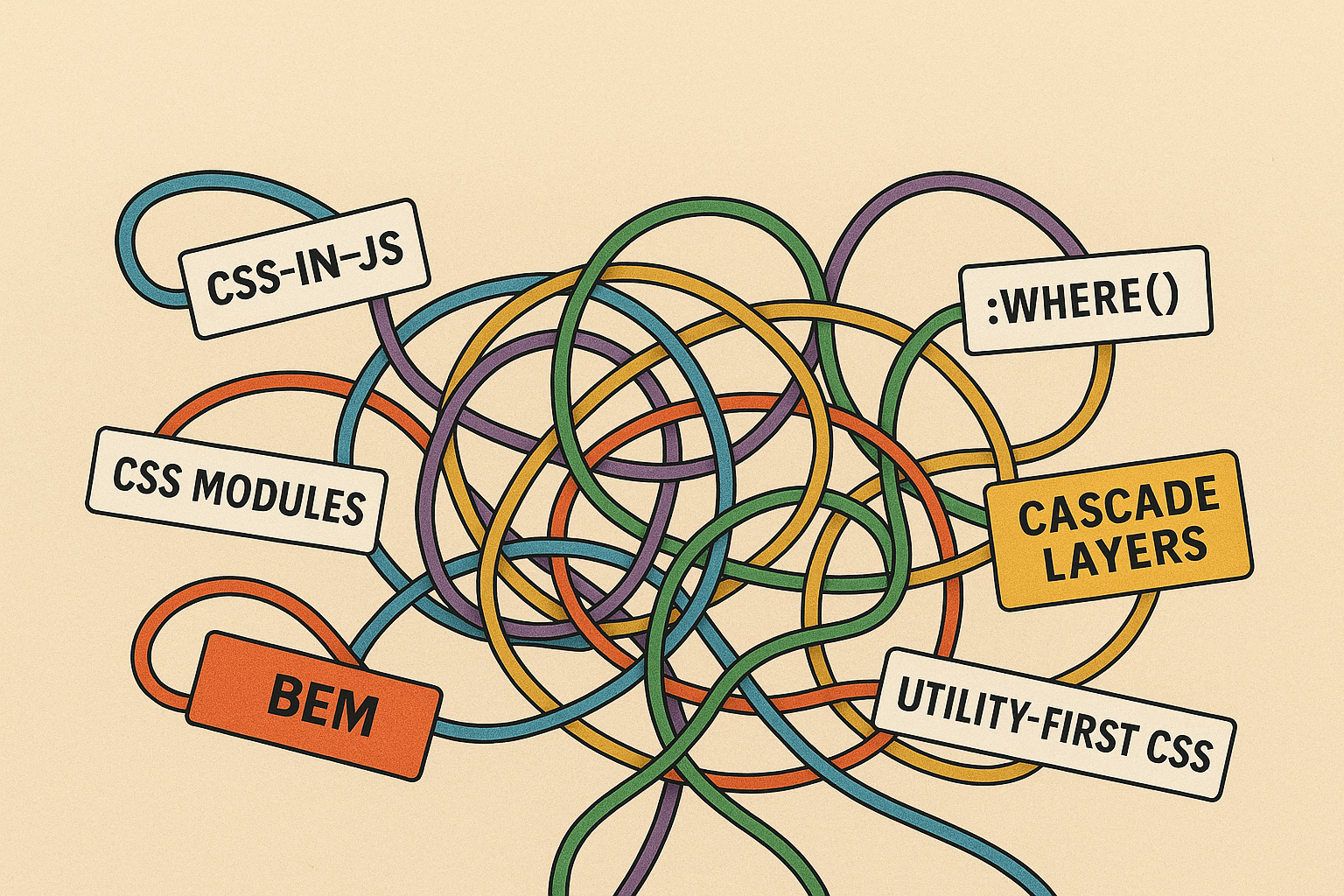The Web Is About to Get Better for Everyone, Everywhere

Den Odell 23 July 2025 · ⏱️ 2 min read


Den Odell 23 July 2025 · ⏱️ 2 min read
The next big thing in web development isn’t a framework. It’s a piece of legislation.
Starting summer 2025, the European Accessibility Act will require digital products provided in the EU to meet actual, enforceable accessibility standards. Not “we added some alt text” accessibility. Real accessibility. The kind you can be sued over.
And that means the internet is about to get a lot more usable.
Turns out “do the right thing” works better when it’s legally enforced.
On paper, the EAA is about protecting the rights of disabled users in the EU. In practice, it will quietly upgrade the user experience for everyone, everywhere.
Because global companies don’t build fifty different versions of their site. They build one. And when that one needs to pass strict accessibility checks in Europe, it becomes the new default for everyone. Not because they’ve had a sudden ethical awakening, but because it’s cheaper than maintaining a fork.
I’ve seen this happen firsthand. At Volvo Cars, I helped lead accessibility work on a complex finance interface used across dozens of countries. Some markets had legal requirements. Others didn’t. We didn’t build two versions. We built one good one. That’s what’s about to happen at scale.
We’ve been here before. The GDPR forced companies to rethink privacy. Cookie banners popped up everywhere, and data practices changed, even in countries that had no such law.
The EAA will have the same ripple effect. But where GDPR mostly lives in popups and policy pages, accessibility lives in your codebase. This time, it’s going to affect how teams design, build, and ship products.
Developers will need to stop misusing <div>s and start writing semantic markup. They’ll have to test keyboard navigation and make sure screen readers can do more than guess. Designers will need to think about contrast, focus indicators, and interaction patterns that work for more than just perfect eyesight and fine motor control. Product managers will need to bring accessibility forward in the roadmap, instead of leaving it to sprint eleven.
For teams that never took it seriously, this will feel like a lot. Because it is.
The good news is, once companies start updating their design systems and components to comply, those updates don’t stay locked inside. They spread.
When Figma kits, React libraries, or UI frameworks adjust for accessibility, thousands of developers benefit, even if they’ve never heard of the EAA. Small teams and solo devs inherit improvements without lifting a finger. Your bootstrapped SaaS gets better because someone at a bank had to follow the law.
And just like GDPR influenced privacy legislation far beyond Europe, the EAA could nudge other governments into action. The US has had the ADA for decades, but it has never applied consistently to the web. That may change once global companies start setting a new baseline.
Even if no new laws appear, the precedent is clear. Accessibility is not a bonus. It is a requirement.
Laws help, but they don’t write your code. Teams will need support. Tooling will need to catch up. Companies will need to invest in audits, training, and inclusive hiring.
But the momentum is there. And for once, it isn’t being driven by blog posts or industry talks. It’s being driven by legislation with actual teeth.
For years, accessibility experts have asked companies to take this seriously. Now they have to.
Turns out the web gets fixed quicker when ignoring it brings in the lawyers.
💬 Join the discussion
Continue the conversation on your favorite community.
🔗 Share this post
Spread the word wherever you hang out online.

Make your dynamic content accessible by default with the HTML tag that time forgot. Read more →

We keep changing how we style the web, but the real problem isn’t CSS. It’s how we build around it. Read more →
Frontend engineering, technical decisions, web-native patterns. Monthly.
Join developers from Google, Microsoft, and Stripe.